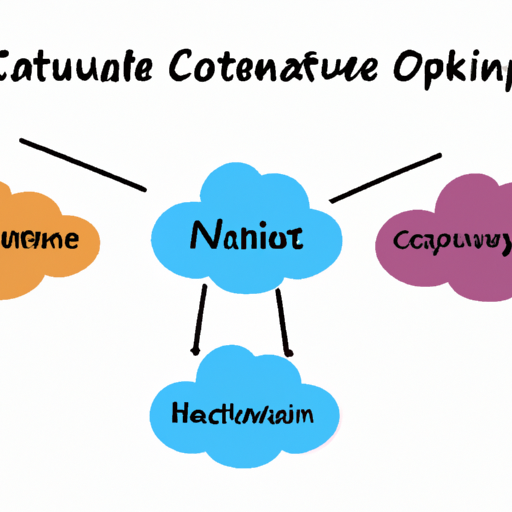In today’s fast-paced digital world, businesses are moving towards cloud-native development to enhance their software delivery capabilities. This innovative approach allows for greater flexibility, scalability, and efficiency, enabling organizations to respond quickly to changing market demands.
What is Cloud-Native Development?
Cloud-native development refers to a modern software engineering approach that leverages cloud computing and its capabilities. It focuses on building applications that are designed to run optimally in the cloud environment. By using principles such as microservices, containerization, and Kubernetes, developers can create highly scalable and resilient applications.
Key Principles of Cloud-Native Development
- Microservices Architecture: Applications are broken down into smaller, independently deployable services that work together to deliver functionality. This approach allows teams to develop, deploy, and scale services independently.
- Containerization: Containers encapsulate an application and its dependencies, streamlining the deployment process. This promotes consistency across different environments and helps eliminate compatibility issues.
- Dynamic Scaling: Cloud-native applications can automatically scale in response to traffic and demand, ensuring optimal performance and cost efficiency.
- Continuous Development: Emphasizing agile methodologies, cloud-native development supports continuous integration and continuous deployment (CI/CD), facilitating rapid updates and feature releases.
Benefits of Cloud-Native Development
Adopting a cloud-native approach offers numerous advantages for organizations:
- Improved Agility: Using agile development practices, teams can quickly adapt to changes, deliver new features faster, and improve collaboration across departments.
- Cost-Effectiveness: With cloud-native applications, resources can be utilized more efficiently, potentially lowering infrastructure costs and reducing operational overhead.
- Enhanced Reliability: Cloud-native applications are built to withstand failures due to their distributed architecture, ensuring higher uptime and better user experiences.
- Faster Time-to-Market: The ability to rapidly develop, test, and deploy applications means businesses can bring innovative solutions to market more quickly.
Getting Started with Cloud-Native Development
If you’re considering a shift to cloud-native development, here are some steps to get started:
- Understand Your Needs: Assess your organization’s requirements and identify the workloads that will benefit most from a cloud-native architecture.
- Choose the Right Tools: Familiarize yourself with key technologies like Docker for containerization, Kubernetes for orchestration, and CI/CD tools for automation.
- Train Your Team: Invest in training and resources for your development team to ensure they have the skills necessary to thrive in a cloud-native environment.
- Start Small: Consider piloting a small project using the cloud-native approach to gather insights and refine your strategy before scaling up.
Conclusion
Cloud-native development represents a paradigm shift in how software is built and deployed. By embracing its core principles, organizations can achieve remarkable efficiency, scalability, and responsiveness. As technology continues to evolve, those who adopt a cloud-native mindset will be well-positioned to thrive in the competitive landscape.
Are you ready to transform your development process? Start exploring cloud-native development today!






